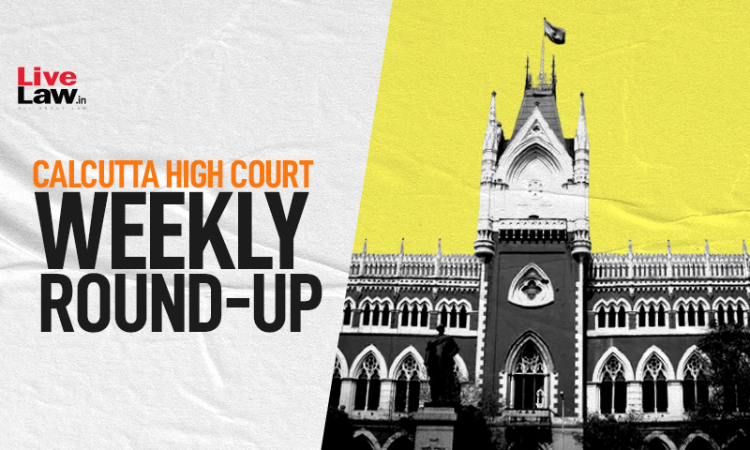Next Story
5 Aug 2023 6:30 PM IST
NOMINAL INDEXNazia Elahi Khan vs State of West Bengal and Ors. 2023 LiveLaw (Cal) 201The National Investigation Agency & anr. vs State of West Bengal & ors. 2023 LiveLaw (Cal) 202Nigrani Sansthan Vs State Of West Bengal And Ors. 2023 LiveLaw (Cal) 203The West Bengal Small Industries Development Corporation Limited WBSIDC Vs. Kaushalya Infrastructure Development Corporation Limited...

